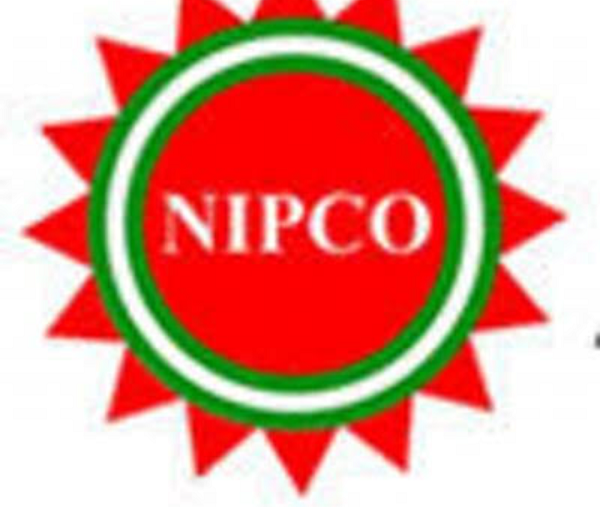More vehicles to run on gas in Nigeria, as NIPCO, Femadec partners to boost usage.
Determined to actualize the Federal Government’s auto gas policy, NIPCO Gas Limited, (a subsidiary of NIPCO Plc) and Femadec Express have entered into partnership to increase the usage of Compressed Natural Gas (CNG) to power vehicles in Nigeria.
The partnership would see Femadec leverage on NIPCO Gas capacity and auto gas distribution network in several states of the federation.
Already, NIPCO is planning to reach over 10,000 vehicles to run on gas this year, while Femadec is planning to expand its fleet to 100 buses and to expand its routes to other regions of Nigeria.
Assistant General Manager, Corporate Affairs, NIPCO Plc, Taofeek Lawal, said the collaboration would enable an enhanced service delivery that will in no small measure, contribute to the achievement of the nation’s expansion programme and the success of the auto gas policy.
According to him, NIPCO Gas currently has retail CNG dispensing facilities at Ibafo, Benin, Ajaokuta, Okene, and Abuja where it currently dispenses AutoCNG to over 7,000 vehicles.
He added that the gas firm is the only Nigerian company that has state-of-the-art workshops at Benin City, Ibafo and Abuja, for conversion of vehicles to dual fuel usage, with an inventory of conversion kits for all makes of vehicles.
He said plans are underway to build additional 45 AutoCNG stations across the country.
Most of these stations, according to him, will include workshops for the conversion of vehicles.
“In the near term, cities such as Lekki–Epe Expressway (Lagos), Ibadan, Oron etc will have similar facilities.
“Within the year, NIPCO Gas plans to convert additional vehicles in several locations and as well expand its CNG retail stations across Nigeria with an additional 45 stations. The phase one of the project has led to inauguration of 14 stations already,” he stated.
With abundant gas resources of over 200 trillion cubic feet (Tcf), he said there was need for Nigeria to optimally utilize the resources by converting vehicle to run on gas.
According to him, auto gas is applicable to airports – terminal buses, shuttle buses; taxis, short delivery pick-up vans, private vehicles, large fleet of commercial vehicles, school buses, transit buses, trucks, and other long haulage vehicles, among others.
Lawal said auto gas is more economical as there is cost savings element such as lower maintenance cost; it is cleaner, as such it reduces the owner’s carbon footprint and it is a healthier and safer fuel option.
He added that, “CNG is less expensive than PMS (petrol) or diesel which makes it even more attractive for fleets; CNG is in abundant supply right here in Nigeria; and conversion costs are recoverable within 12 months to 24 months,”
He said Femadec services include mass transportation services that include BRT operations provision, interstate travel, hailing services, and logistics and delivery services among others.
Its primary operational locations are FCT Abuja, Lagos, and Ibadan (Oyo State). With 20 new buses manufactured by Hyundai in South Korea, Femadec Express has commenced the deployment of CNG-powered mass transit buses in Abuja.


Comment here